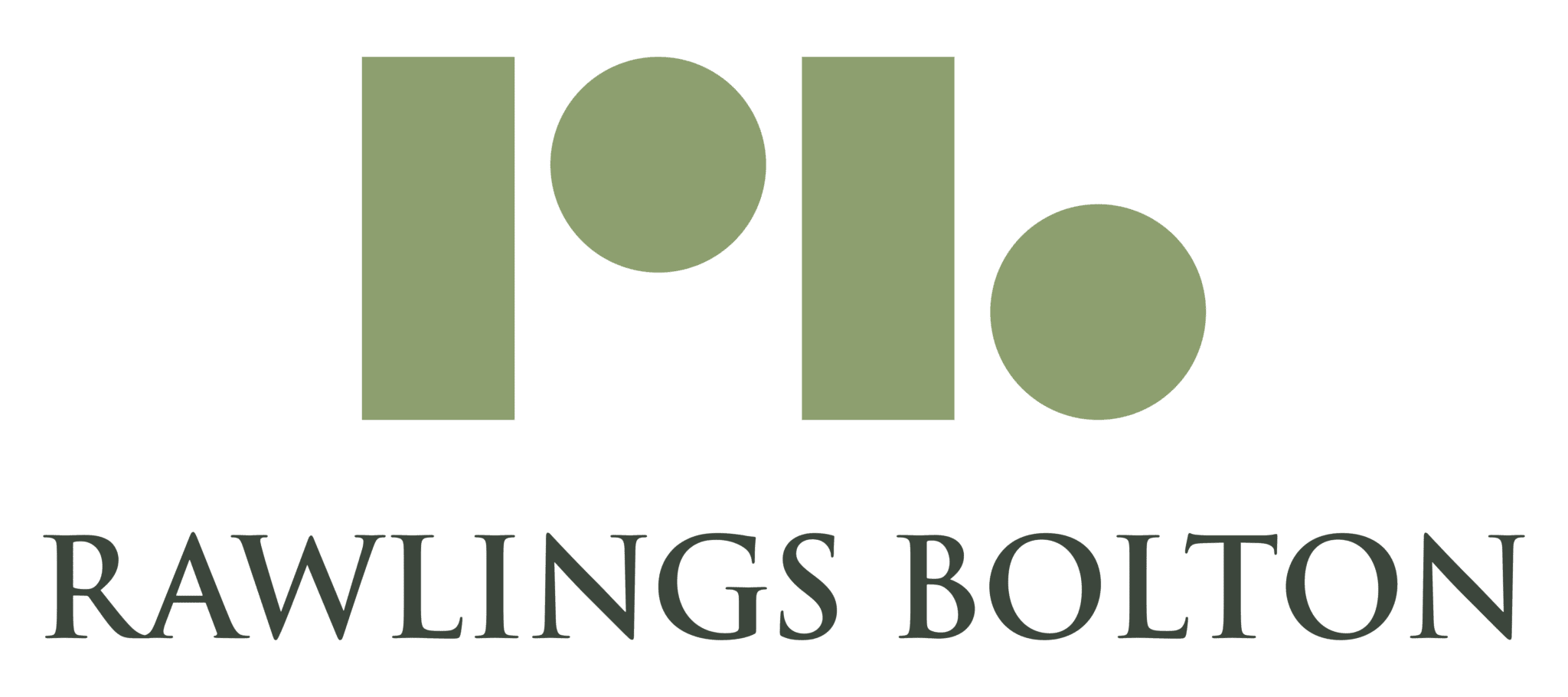Growing “good capital”: The crucial role of investment policy
In the ever-evolving landscape of financial markets, it has become increasingly imperative for high net-worth (HNW) families, self-managed superannuation funds and philanthropic funds, including private ancillary funds, to ensure the preservation and growth of their wealth. These smart investors recognise that wealth goes beyond financial value to encompass a broader, more profound concept we refer to as “good capital.”
As an Australian financial services firm specialising in advising such clients, we believe the key to safeguarding and growing this good capital lies in the development and implementation of a well-crafted investment policy.
What is good capital?
Good capital is a term we use to encompass not only financial wealth, but also the intangible assets that make a family’s legacy, a superannuation fund’s security, and a philanthropic fund’s impact truly meaningful. It comprises financial capital, human capital, natural capital, manufactured capital, intellectual capital, social capital, and the capacity to create positive change in the world. At its core, good capital represents the total value that an individual or entity can contribute to society and pass on to future generations.
The role of an investment policy
An investment policy is the blueprint that outlines how good capital should be nurtured and optimised. It serves as a guiding principle that aligns investment decisions with long-term objectives, risk tolerance, and ethical considerations. An investment policy is critical in the context of HNW families and philanthropic entities for several reasons:
- Clarity and discipline: An investment policy sets clear guidelines for the allocation of capital, minimising impulsive and emotionally driven decisions that can erode wealth over time. It acts as a beacon, ensuring that investments are made in line with the overarching vision and purpose of the capital.
- Risk mitigation: Without a well-defined investment policy, investors may unknowingly expose themselves to unnecessary risks. A robust policy takes into account the unique risk profile of each client, ensuring that their capital remains resilient in the face of market volatility.
- Legacy preservation: For HNW families, a well-structured investment policy ensures that wealth continues to benefit future generations and aligns with the family’s values. Philanthropic funds, on the other hand, can use their policy to ensure that their capital creates lasting, positive social change.
- Transparency and accountability: An investment policy holds both the advisors and clients accountable. It establishes the responsibilities and expectations of all parties involved, creating a transparent and trustworthy working relationship.
Pains and pitfalls of not having an investment policy
The absence of a well-defined investment policy can lead to several challenges and pitfalls, including:
- Ad-hoc decision-making: Without a clear strategy, investors may make impulsive decisions driven by short-term market fluctuations, which can result in substantial losses and missed opportunities.
- Diverging objectives: In the case of multi-generational HNW families, differing financial objectives among family members can lead to conflicts and the dissipation of wealth.
- Ethical dilemmas: Philanthropic funds without a defined policy may inadvertently invest in ventures that contradict their core values or mission, tarnishing their reputation.
Benefits of having an investment policy
The advantages of having a well-structured investment policy are far-reaching:
- Long-term stability: A robust policy ensures that investments are made with a focus on long-term goals, providing financial security and stability.
- Risk management: By defining risk tolerance and diversification strategies, an investment policy helps protect capital from market volatility.
- Legacy continuity: For HNW families and philanthropic funds, an investment policy helps maintain the family’s legacy or philanthropic impact across generations.
- Responsible and sustainable investing: It enables clients to align their investments with their ethical and sustainable values, fostering positive change.
Thinking ahead
An investment policy is not just a piece of paper; it is the cornerstone of prudent financial stewardship. By crafting a well-thought-out investment policy, you are taking a proactive step toward protecting and growing your good capital. At Rawlings Bolton, we are committed to helping our clients navigate the complexities of modern finance while ensuring that their capital serves a higher purpose.
If you haven’t already, consider working with us to develop an investment policy tailored to your unique needs, one that will safeguard and grow your good capital for generations to come.
Contact Heath Shonhan today at [email protected] for a confidential discussion and possible solutions for your business.


